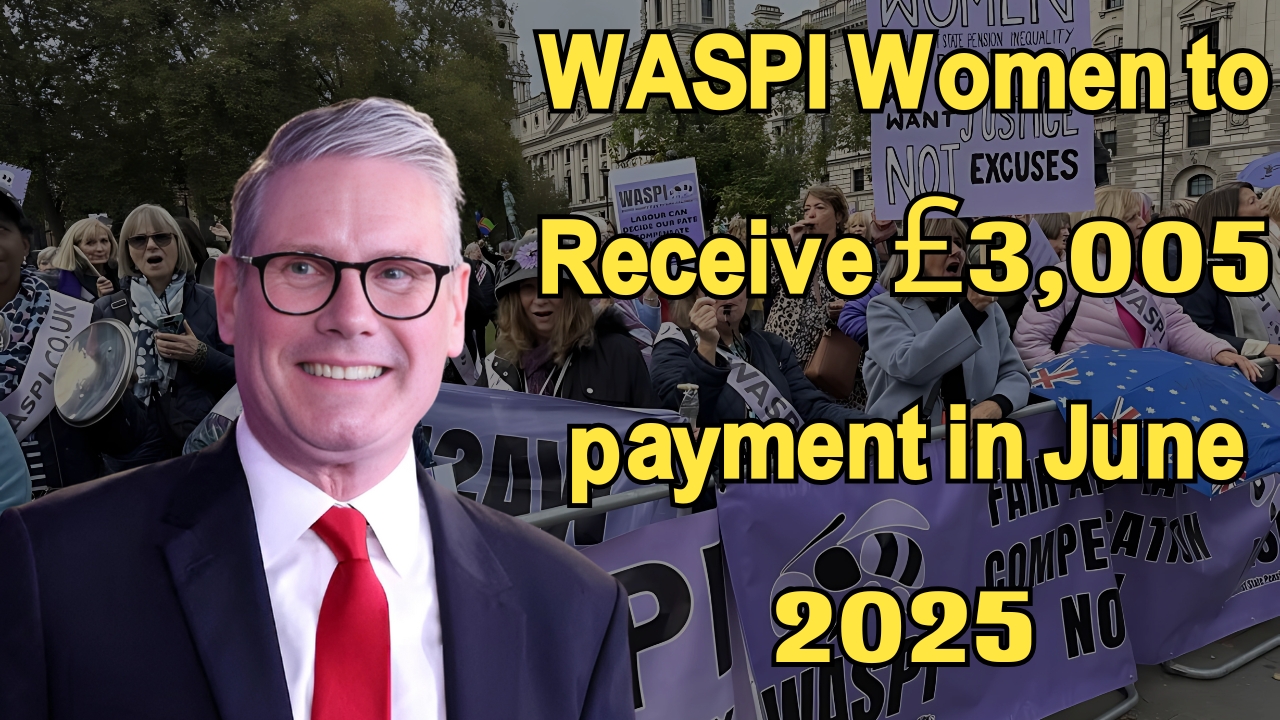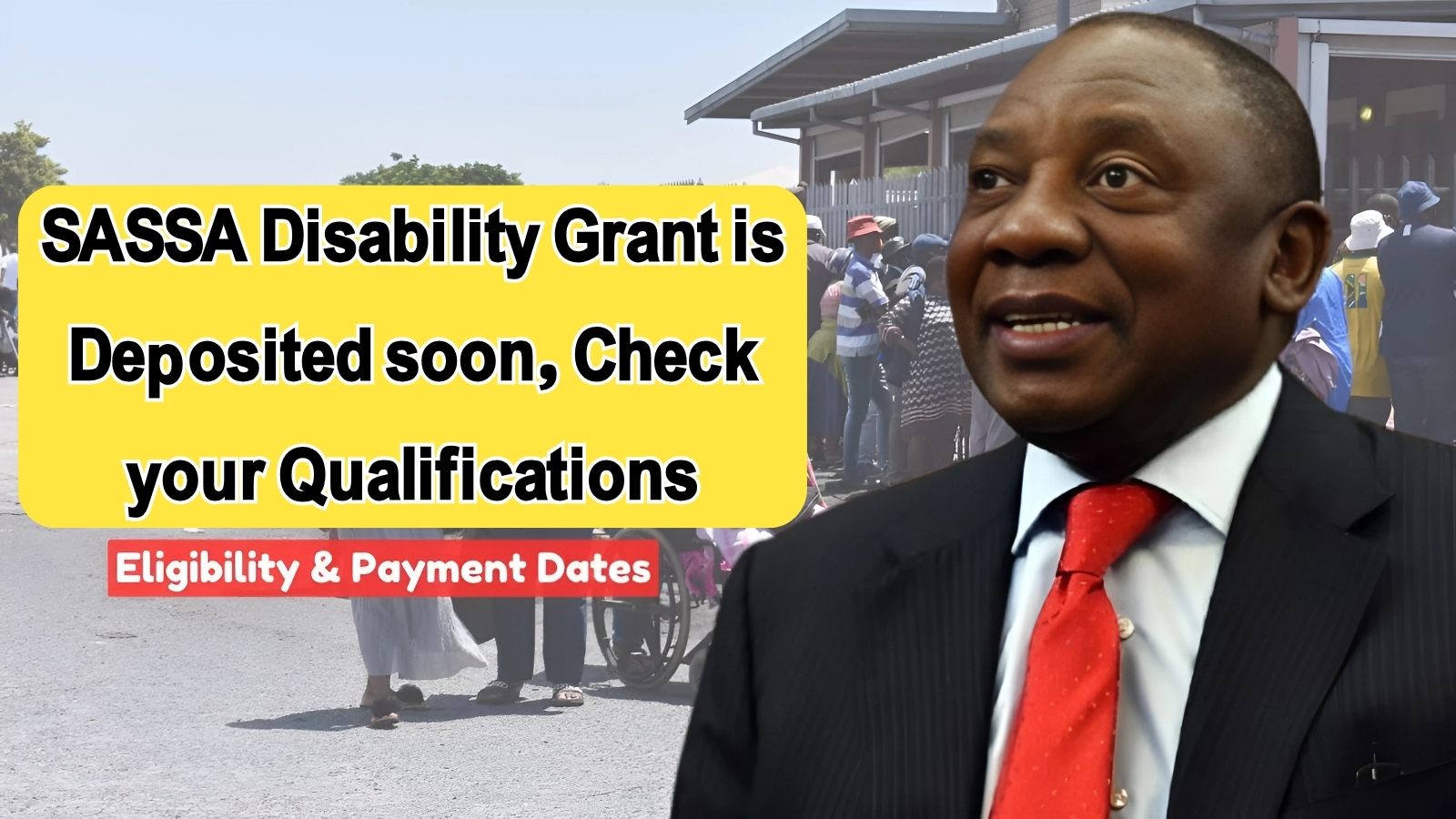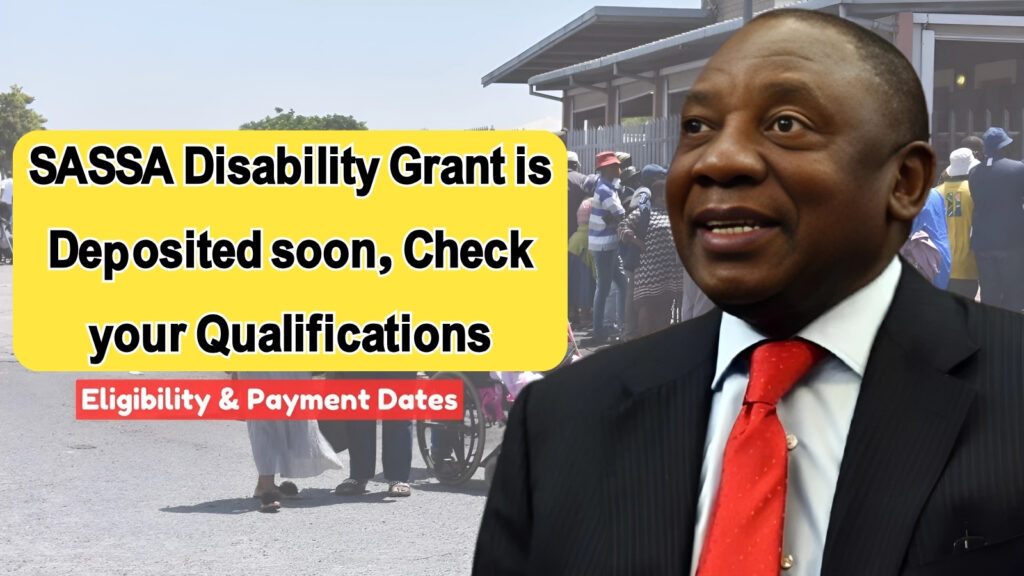The campaign for compensation for Women Against State Pension Inequality (WASPI) represents one of the most significant pension justice movements in modern UK history.
As of June 2025, the fight for fair compensation for women born in the 1950s continues through legal channels, following the government’s decision not to implement the Parliamentary and Health Service Ombudsman’s compensation recommendations.
Understanding the WASPI Campaign
The WASPI campaign represents approximately 3.6 million women born between April 6, 1950, and April 5, 1960, who were adversely affected by changes to the state pension age.
These women faced rapid and steep increases to their state pension age without adequate notice, fundamentally altering their retirement plans and financial security.
Originally, women could claim their state pension at age 60, while men had to wait until 65.
The Pensions Act 1995 gradually increased women’s pension age to 65 between 2010 and 2020, while the Pensions Act 2011 accelerated this process and further increased the pension age to 66 for both men and women.
The issue centers not on the policy changes themselves, which were made through democratic parliamentary process, but on the inadequate communication of these changes to affected women.
Many WASPI women report receiving little or no advance notice of these changes, leaving them unable to make appropriate financial adjustments for their retirement.
Some women discovered the changes only when they contacted the Department for Work and Pensions (DWP) near what they believed was their retirement date, creating significant financial hardship and emotional distress.
The Ombudsman’s Findings and Recommendations
In March 2024, the Parliamentary and Health Service Ombudsman (PHSO) published a comprehensive report finding that the DWP was guilty of maladministration in its communication of state pension age changes.
The ombudsman determined that the DWP should have written to affected women 28 months earlier than it actually did, providing them with additional time to adjust their retirement plans.
The Parliamentary and Health Service Ombudsman (PHSO) recommended compensation of up to £2,950 for eligible women, with payments ranging between £1,000 and £2,950 depending on individual circumstances and the level of impact experienced.
The total compensation bill was estimated at up to £10.5 billion if all eligible women received the maximum amount.
The ombudsman’s report specifically acknowledged that while the women had not suffered “direct financial loss” from the policy changes themselves, they had experienced injustice due to the inadequate communication of these changes.
This distinction became crucial in the government’s subsequent decision-making process.
Government Response and Current Status
In December 2024, the Labour government acknowledged the ombudsman’s findings and issued an apology for the delay in communicating pension age changes to affected women.
However, the government concluded that taxpayer-funded compensation could not be justified, citing several factors including the finding that most women were aware of the changes through other means of communication.
Work and Pensions Secretary Liz Kendall stated that while the government accepted the ombudsman’s finding of maladministration, the recommended compensation would not be “fair or proportionate.”
This decision represented a significant departure from Labour’s previous position in opposition, when party leaders had expressed support for WASPI women and acknowledged the injustice they faced.
The High Court has granted a judicial review into the reasons the Government decided not to pay compensation to WASPI women, marking a landmark moment for the campaign.
This legal development provides a pathway for challenging the government’s decision and seeking judicial oversight of the compensation question.
Legal Action and Judicial Review
Following the government’s refusal to implement the ombudsman’s compensation recommendations, WASPI has pursued legal action through the courts.
Waspi has recently raised £180,000 to fund its legal action, and has “submitted its written legal arguments” to the court in the hopes of securing a full hearing.
The judicial review process represents a significant escalation in the campaign, moving beyond political advocacy to legal challenge.
The High Court’s willingness to grant the judicial review suggests that senior judges believe there are arguable grounds for challenging the government’s decision-making process.
The legal challenge focuses on the reasons behind the government’s decision not to pay compensation, rather than the underlying policy changes to pension ages.
This approach aligns with the ombudsman’s findings, which centered on communication failures rather than the legitimacy of the pension age increases themselves.
Eligibility and Affected Groups
Women potentially eligible for WASPI compensation share specific characteristics that define their inclusion in the affected group.
The primary eligibility criteria include being born between April 6, 1950, and April 5, 1960, and experiencing inadequate notification about state pension age changes that affected their retirement planning.
The impact on individual women varies significantly based on their specific circumstances, including when they first learned about the pension age changes, their financial situation at the time, and their ability to adjust their retirement plans.
Some women were affected by multiple pension age increases, compounding the impact on their financial planning.
The diversity within the WASPI group reflects the broad range of women affected by these changes, including those in various employment situations, different financial circumstances, and varying levels of pension knowledge and planning experience.
Scams and Consumer Protection
WASPI and Independent Age are specifically warning people to watch out for scams claiming to offer compensation, in particular a website falsely claiming that the Department for Work and Pensions (DWP) is processing compensation payments.
These scams exploit the uncertainty surrounding compensation and target vulnerable women seeking information about their potential entitlements.
We are advising women to ignore posts on social media and emails which offer to help us claim compensation. These are scam operations, and you should not provide your personal details to such sites, according to official WASPI guidance.
The proliferation of scams highlights the importance of obtaining information only from official government sources or the verified WASPI campaign organization.
Consumer protection becomes particularly important given the emotional and financial stakes involved for many WASPI women.
The combination of ongoing uncertainty about compensation and sophisticated scam operations creates a dangerous environment for potential fraud.
Political and Public Support
The WASPI campaign has garnered significant political and public support across party lines.
A parliamentary petition calling for compensation reached over 161,000 signatures, demonstrating substantial public backing for the cause.
Cross-party support has included MPs from various political parties acknowledging the injustice faced by WASPI women.
Parliamentary debates on the issue have provided platforms for MPs to express support for compensation and to pressure the government to reconsider its position.
While these debates are not binding on the government, they serve to maintain political pressure and public awareness of the issue.
Public polling has indicated that approximately 68% of the public support compensation for WASPI women, suggesting broad sympathy for their situation and disagreement with the government’s decision to refuse compensation.
Financial Impact and Considerations
The financial implications of WASPI compensation extend beyond individual payments to broader considerations about government spending priorities and fiscal responsibility.
The estimated £10.5 billion total cost represents a significant expenditure that the government argues cannot be justified given competing spending priorities.
For individual WASPI women, the potential compensation amounts, while modest compared to their lost pension years, could provide meaningful financial assistance.
The recommended amounts of £1,000 to £2,950 reflect varying levels of impact and aim to acknowledge the injustice experienced rather than fully compensate for lost pension income.
The broader economic context includes considerations about fairness to other pension recipients, taxpayer burden, and the precedent that compensation might set for future government communication failures.
Timeline and Future Prospects
As of April 2025, there is still no confirmed date for WASPI compensation payments, with the judicial review process representing the primary avenue for progress.
The legal proceedings could take months or years to resolve, depending on the complexity of arguments and potential appeals.
The judicial review outcome will likely determine whether the government must reconsider its compensation decision or whether alternative remedies might be available.
A successful challenge could force the government to implement the ombudsman’s recommendations or develop alternative compensation mechanisms.
Political changes, including future elections and leadership changes, could also influence the trajectory of WASPI compensation.
Different political parties have expressed varying levels of support for compensation, suggesting that political developments could affect the ultimate resolution.
Support and Resources
WASPI women seeking information and support can access resources through the official WASPI campaign organization, which provides verified information about developments and guidance on avoiding scams.
Local support groups and advice services also offer assistance with understanding individual circumstances and potential entitlements.
Legal advice may be beneficial for women considering their options, particularly regarding potential individual claims or understanding how the judicial review might affect their situation. Citizens Advice and other advisory services can provide guidance on pension issues and rights.
Financial planning advice remains important for WASPI women regardless of compensation outcomes, helping them optimize their available pension income and navigate the complex pension system.
Broader Implications
The WASPI case raises important questions about government communication responsibilities and accountability for administrative failures.
The tension between the ombudsman’s findings and the government’s response highlights challenges in the constitutional relationship between parliamentary oversight and executive decision-making.
The case also demonstrates the ongoing gender inequalities in pension provision and the particular vulnerabilities faced by women in retirement planning.
These broader issues extend beyond the specific WASPI situation to encompass wider concerns about pension adequacy and retirement security.
The precedent set by the WASPI case may influence how future government communication failures are addressed and whether administrative compensation mechanisms might be strengthened to provide more effective remedies for affected individuals.
WASPI Women to Receive £3,005 payment in June 2025
The WASPI campaign continues to evolve through legal channels following the government’s decision not to implement the ombudsman’s compensation recommendations.
The High Court’s agreement to conduct a judicial review provides hope for affected women while highlighting the complex legal and political challenges involved in seeking redress for administrative failures.
While no compensation payments have been confirmed, the ongoing legal action and sustained political pressure demonstrate the campaign’s resilience and determination to achieve justice for 1950s-born women.
The ultimate resolution may take considerable time, but the case has already raised important questions about government accountability and communication responsibilities that extend far beyond the specific pension issue.
WASPI women are advised to stay informed through official channels, remain vigilant about scams, and continue supporting the campaign’s legal efforts while managing their financial planning based on current pension entitlements rather than potential compensation.














